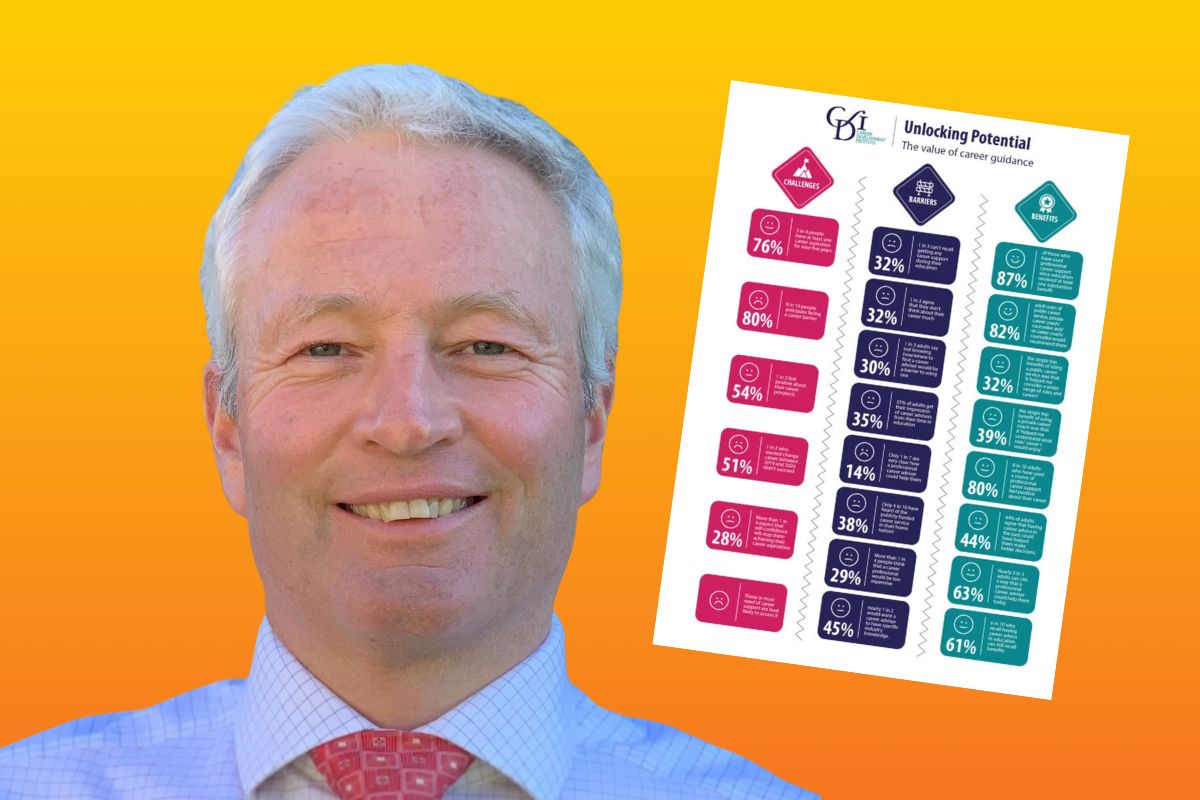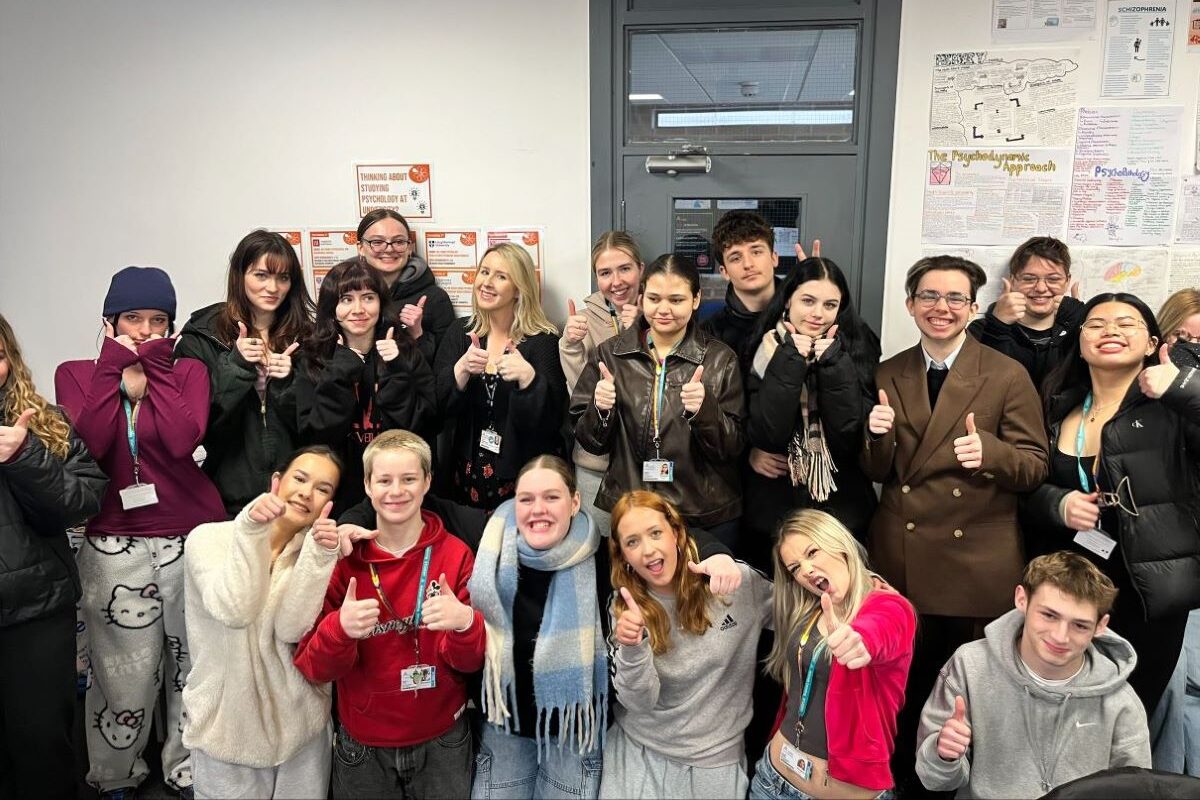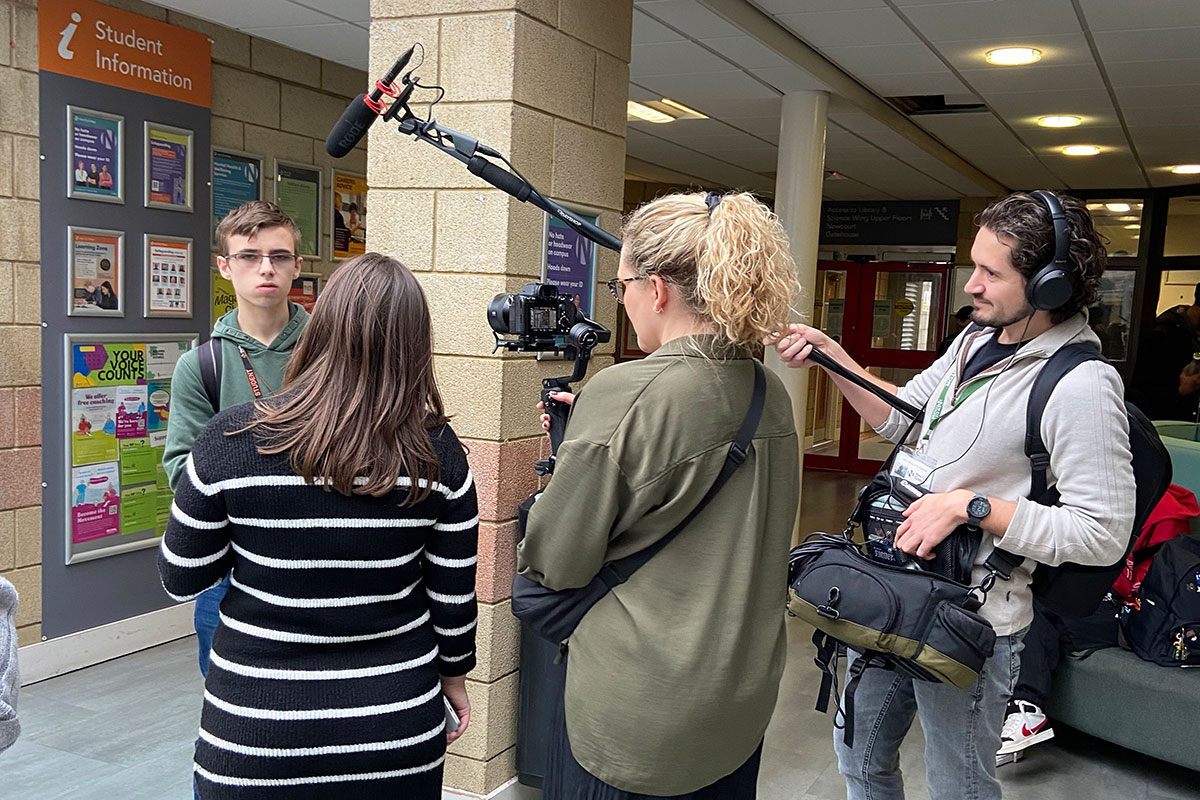The importance of primary financial education: A more secure and confident future

Talking and thinking about finances can be stressful and confusing, especially for young people. Financial education, however, has the potential to transform lives and also benefit the wider economy.
The rising cost of living, coupled with a weak Pound and political and economic uncertainty, has increased many people’s worries around money. More than half of adults have experienced anxiety, and a quarter felt depression because of rising bills, according to a new survey by the Personal Finance Society.
This also affects children and young people, with 67 per cent of young people reporting that they do not feel confident about their financial futures and 6 out of 10 young people feeling that the Covid pandemic has made them more anxious about money.
Increasing access to practical, real world based educational opportunities for the next generation of employees and entrepreneurs is vital if we are to ensure that the country is ready to thrive again when the economic downturn comes to an end. This very much includes learning about finances and money.
It’s vital that the UK government prioritises financial education, so every child has the opportunity to develop their financial capability.
At present, the level of financial literacy in the UK is not where it should be. A recent survey of 2,000 UK adults showed that almost half of adults cannot pass a basic financial knowledge test around key areas including savings, investments, and retirement.
Research has found that children begin to form their mindset around money habits between the ages of three and seven, so it’s essential that we educate children about money in practical, real, and relevant ways, starting when they are in primary school. However, at the moment, only one in three primary -aged children currently receive any form of financial education at school.
Young people are growing up in a changing social and financial environment. We only need to look at the pace at which the world is becoming cashless. Investment opportunities such as stocks and shares and cryptocurrencies are available to young people at the push of a button.
With false hopes of lucrative profits being advertised to young people so readily online, there’s also a lot of misinformation that could influence children.
Given the financial pressures of the pandemic and increase in social media usage, young people are more vulnerable than ever to online scams and risk being drawn in by ‘get rich quick schemes’, including the misconception that brands and figures with potentially large social media followings must always be credible.
Therefore, educators, policymakers, and parents, need to ensure that the next generation is not only equipped with the knowledge to identify the rights and wrongs of finance, but also to feel comfortable discussing money and asking questions.
This starts by educating children while at primary school when they are forming their mindset with money, shaping their financial capability into young adulthood and beyond.
Although financial education is on the national curriculum for secondary school students, it is not taught as a matter of course to primary school pupils. But it is never too early to start.
At Young Enterprise, we work with young people, educators, and parents to help the young people learn how to earn and manage their money and equip them with key employability skills.
Through our programmes, we make financial conversations engaging, relatable, and practical to help young people make stronger links between what they learn and how they can transfer that learning to their own lives and futures. This view was confirmed in a recent survey Young Enterprise conducted, which found that 96% of surveyed teachers agree that being able to apply learning in real-world contexts is essential for a brighter future.
Rising bills don’t just affect our bank balances, but our daily lives too. Financial concerns can significantly affect our mental and physical wellbeing. It isn’t enough to highlight the financial challenges young people will face. That’s why we want to work in partnership with other stakeholders to help equip more young people with the skills they need to feel more prepared to manage their future finances.
By Sharon Davies, CEO of Young Enterprise











Responses